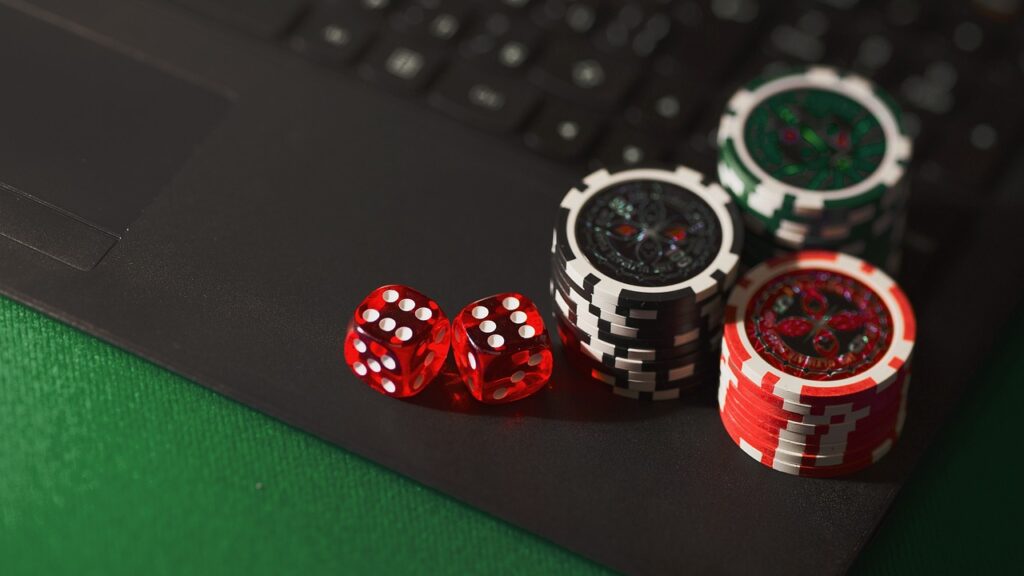Importance of DeEscalation Training
When dealing with difficult or potentially dangerous individuals, having the ability to effectively deescalate a situation can prevent conflict from escalating further. This is where deescalation training comes into play.
Understanding the “Elliedarge” Approach
One effective approach to deescalation is the “elliedarge” method. This method focuses on active listening, empathy, and effective communication to defuse tensions and find mutually acceptable solutions.
Active Listening
Active listening involves fully engaging with the individual and demonstrating that you are genuinely interested in their perspective. By showing empathy and understanding, you can help the individual feel heard and valued, which can lessen their aggression or frustration.
Empathy
Empathy is a crucial component of deescalation training. By putting yourself in the individual’s shoes and trying to understand their emotions and motivations, you can better connect with them and find common ground. This can help to build trust and rapport, making it easier to find a peaceful resolution to the conflict.
Effective Communication
Effective communication is key to successful deescalation. By using clear, concise language and nonverbal cues that convey respect and understanding, you can help the individual feel more at ease and willing to cooperate. Avoiding confrontational language or behaviors and remaining calm and composed can also help to prevent the situation from escalating further.
Practice and RolePlaying
One of the best ways to master deescalation techniques is through practice and roleplaying. By simulating reallife scenarios and receiving feedback from trainers or peers, you can hone your skills and improve your ability to effectively deescalate tense situations.
Conclusion
Deescalation training is a valuable tool for anyone who may encounter conflict or challenging situations in their professional or personal life. By learning and practicing the “elliedarge” approach, individuals can become more adept at diffusing tensions, building rapport, and finding peaceful resolutions. With the right skills and mindset, anyone can become a skilled deescalator and make a positive difference in their interactions with others.


 Bessie Christmannero
Founder
Bessie Christmannero is the pioneering founder of Prime Gambling Way, a platform designed to revolutionize the gambling experience. With over a decade of experience in the gambling industry, Bessie has been at the forefront of delivering innovative strategies and expert betting advice. Her deep knowledge of industry trends, combined with a relentless drive to educate and empower bettors, has shaped Prime Gambling Way into a trusted authority. Bessie’s vision is rooted in the belief that informed decisions lead to successful outcomes, and she strives to make professional insights accessible to everyone, from seasoned gamblers to newcomers.
Bessie Christmannero
Founder
Bessie Christmannero is the pioneering founder of Prime Gambling Way, a platform designed to revolutionize the gambling experience. With over a decade of experience in the gambling industry, Bessie has been at the forefront of delivering innovative strategies and expert betting advice. Her deep knowledge of industry trends, combined with a relentless drive to educate and empower bettors, has shaped Prime Gambling Way into a trusted authority. Bessie’s vision is rooted in the belief that informed decisions lead to successful outcomes, and she strives to make professional insights accessible to everyone, from seasoned gamblers to newcomers.
